


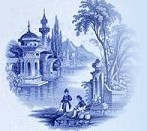
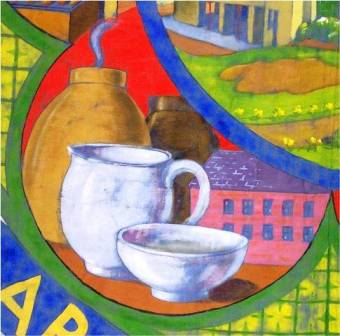
WORKERS' PLAYTIME
The pottery workers worked hard for their employer. But it wasn’t all work and no play.
As mentioned elsewhere, the potters had their library. They also had a reading room and social club and these were available for daily
use.
All Aboard!
In the early 1860s, when the first passenger train left Bo’ness station,
it carried the potters on their first excursion.
This outing became an annual event and Leith, Portobello and Stirling
became favourite destinations for steamer outings.
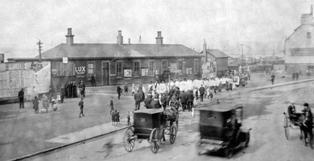
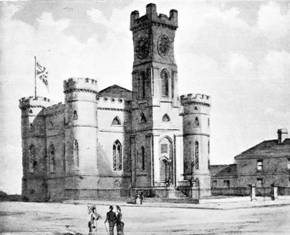
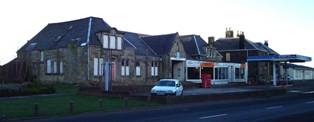
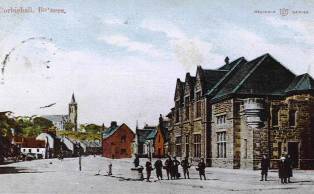
Strike up the Band!
1858 saw the founding of the two most famous bands in Bo’ness’ history.
In the east of the town, the Grange Instrumental Band was formed, with most of the
players being miners from the Grange Colliery. This later became
Bo’ness & Carriden Band (right, top).
In the west of the town, miners of Kinneil Pit and of Wilson's Kinneil Iron Works
formed Kinneil Band (right, bottom).
These bands must have made an impression on the potters because four years later,
in 1862, the Pottery Instrumental Brass Band was formed.
They played their first concert in the Town Hall in April 1863. The Falkirk Herald
reported that the hall was crowded to suffocation. The reporter was full of praise for
the young musicians being suitably impressed by their expertise after such a short
time together.
Their next outing was in July when they marched in the Orange procession. They
walked the length and breadth of the town that day, receiving suitable refreshments
at various stages along the way.
They became a common sight with impromptu marches around the town, sometimes
on their own and at other times with the Linlithgow Flute Band for company.
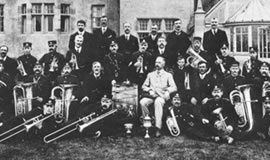
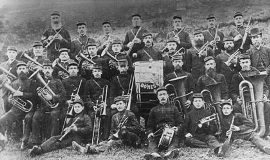
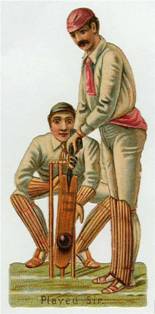
Howzat!
The late 1860s saw the emergence of Bo’ness Pottery Thistle Cricket Club.
It’s safe to say that the club were no match for the M.C.C. and their likes but they were able to hold
their own against the local clubs.
For example, on Saturday 24th July, 1869, they played Bo’ness Standard whose ground was at
Corbiehall. Standard won by 19 runs. The following Thursday, in the return match, Thistle won by
6 runs.
Falkirk Thistle, Carronshore Thistle and Stenhouse Nightingale were some of the early clubs that
provided the opposition for the Thistle batsmen and bowlers.
Shall we dance?
Another annual event was the Concert and Ball. This was held in the Town
Hall (left) until the late 1870s when the venue changed to the Volunteer Hall
(below, left) with the occasional year in the Masonic Hall (below, right),
both halls being in Corbiehall.
This move away from the Town Hall was well before its closure and
subsequent demolition in 1882. Perhaps the switch was to cater for the
crowds as press reports tell of over 300 potters attending these evenings.
It was obviously a popular event on the potters’ social calendar. The
Concert started on the Friday evening, the Ball followed and it was
common for it to last until six o’clock on the Saturday morning!